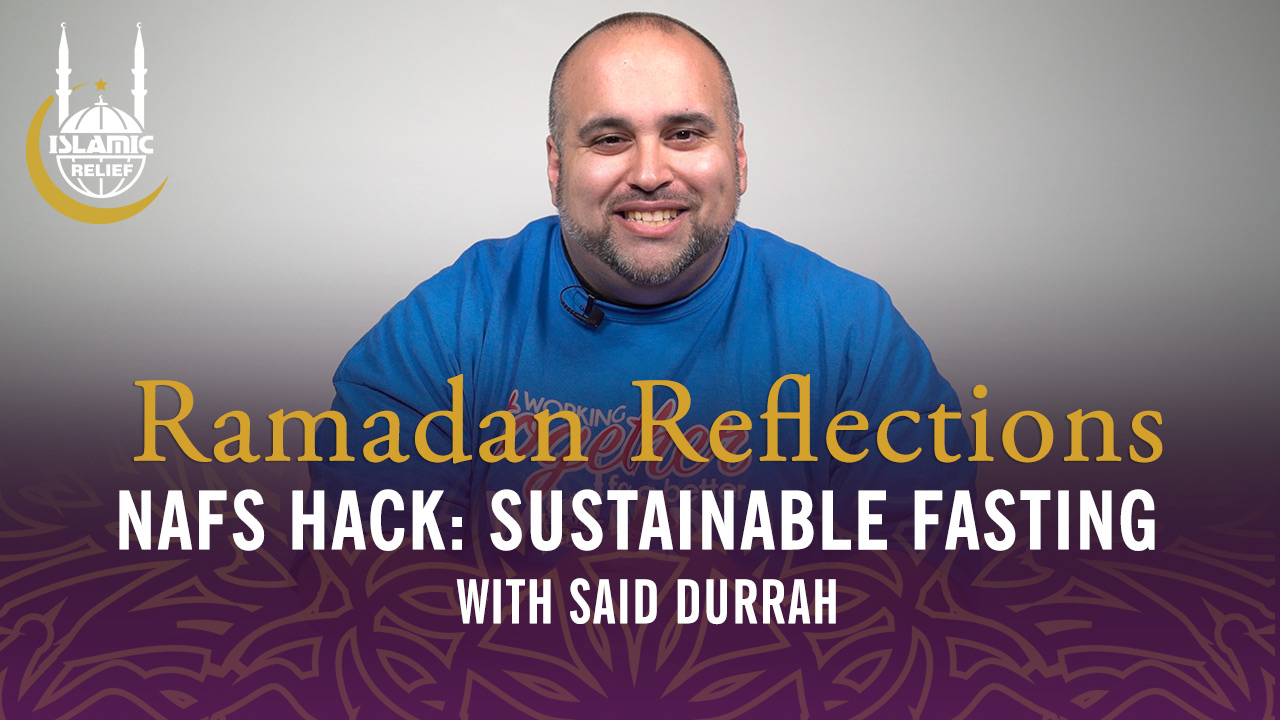Faith-Based Organizations Form Partnership to Improve Outcomes

Islamic Relief USA (IRUSA) and Islamic Relief Worldwide held a forum last month on September 12, 2018, focusing on the importance of partnerships among faith-based organizations to address major humanitarian crises around the world.
Naser Haghamed, CEO of Islamic Relief Worldwide, participated in the panel discussion. The discussion, titled “Faith on The Frontline,” took place in the Canon Office Building at the U.S. Capitol. The talk also included Mark Hetfield, President and CEO of the Hebrew Immigrant Aid Society (HIAS), and Bill O’Keefe, Vice President for Government Relations and Advocacy at Catholic Relief Services (CRS). Jean Duff, coordinator of the Joint Learning Initiative on Faith and Social Communities, was the moderator.
The U.S. Refugee Admissions Program was among the major issues the panelist discussed. The program is on track to receive the lowest number of refugees in a single year since its inception in 1980. The low numbers of admissions has the heads of many organizations concerned, and many of them signed on to a letter from Church World Service that was sent to Congress and President Donald Trump.
Haghamed said more needs to be done to change the current negative narrative about refugees.
“As a refugee, helping others is a very important thing to do,” said Haghamed, who was a refugee from Eritrea. “[Being a refugee] doesn’t make you a criminal. We need to fight that perception.”
Hetfield said he fears the program is “in jeopardy.”
“We are concerned about losing those faith-based partnerships,” he said.
Part of the problem, he said, is that full facts are rarely taken into consideration. Hetfield added that not a single refugee has committed a terrorist attack since the refugee program’s inception.
“The facts have really not been part of the debate for years now,” he said. “We’ve got to bring the facts back.”
Hetfield mentioned the partnership between HIAS and IRUSA in aiding Syrian and Afghan refugees, among others, on the Greek island of Lesvos. The partnership has also worked to provide assistance to victims of hate crimes.
While HIAS primarily helped Jewish refugees, Hetfield said it was far better and effective to help refugees of all faiths.
“It was a natural transition,” he said, adding that the Torah mentions several times the importance of welcoming strangers. “We’re in this together.”
In addition to helping refugees, the panelists discussed the important work that partnering organizations do in addressing the aftereffects of man-made and natural disasters, along with epidemics.
O’Keefe pointed out how CRS and Islamic Relief, which he described as “a very strong partner,” have worked together in various countries, including Yemen, the Central African Republic (CAR), Sierra Leone, and Ecuador.
In CAR, for example, IRUSA, CRS, and World Vision supported a group of interfaith leaders who were critical of the violence taking place between Christians and Muslims.
O’Keefe said religion was being used as a divider. “Many innocent people were killed,” he said. “[The religious leaders] said this isn’t about religion.”
The partnership between the different faith-based organizations resulted in a five-year program that developed activities for CAR residents to help them deal with their suffering and heal divisions.
The program, currently in its third year, has been effective. “We are extremely proud of the partnership. It’s been a major contribution,” O’Keefe said.
O’Keefe acknowledged there have been difficult moments, too. “It continues to be in flux,” he said. “Violence is still common.”
O’Keefe added that Islamic Relief has been helpful in enabling his organization to use IR’s infrastructure in Yemen to administer a program to combat cholera.
He mentioned that faith-based groups understand humanity in broader terms than specific sectors. “We are all holistic, multi-sectoral people with a whole host of needs,” he said.
Haghamed expressed gratitude for the partnerships as well, saying that “interfaith collaboration is in our DNA.” Since its founding in 1984, IRW has helped 117 million people in some 40 countries, many of which are among the poorest in the world.
He pointed out how in local communities, the faith centers help mobilize people and respond to crises. O’Keefe added that religious leaders also help address problems by understanding deeply held cultural and religious practices critical to well-being and decision-making.
For example, when many people in West African countries opposed — for religious reasons– the burning the bodies of humans who had succumbed to Ebola, faith leaders intervened and worked with communities to respectfully re-evaluate those attitudes in light of the new reality brought by Ebola.
Both O’Keefe and Haghamed said they have had people of different faiths work for their respective organizations. That is a trend that they know will continue in the future.
“That is the story of humanity we want to tell,” O’Keefe said. “There are so many good people out there who want to live a life of service.”
Support from governments is also essential, the speakers said. Haghamed said he is thankful to the U.S. government agencies like USAID and the Health Department for supporting some of its programs.




